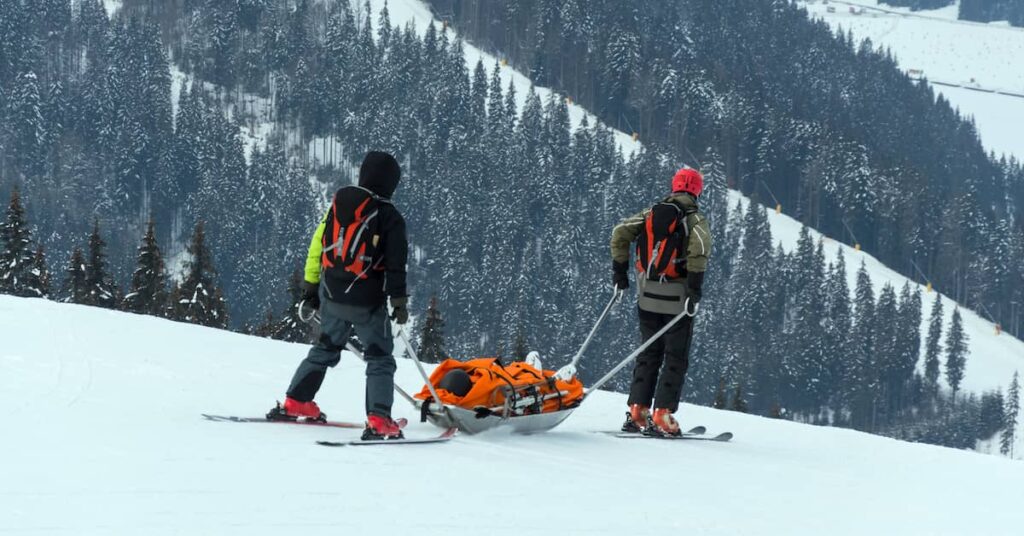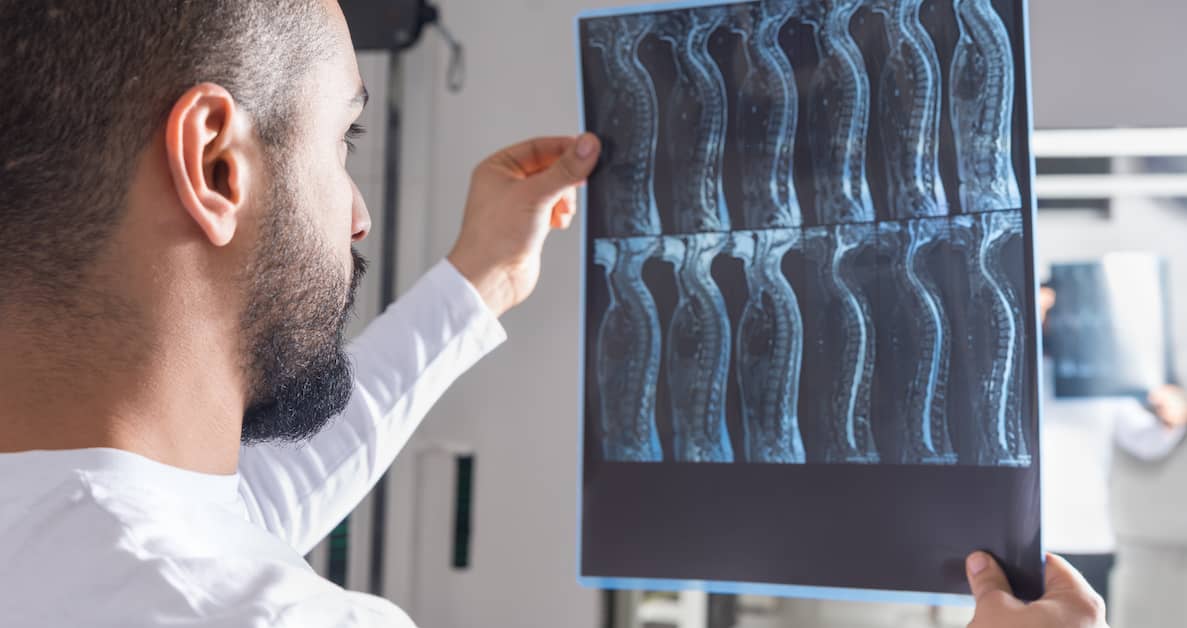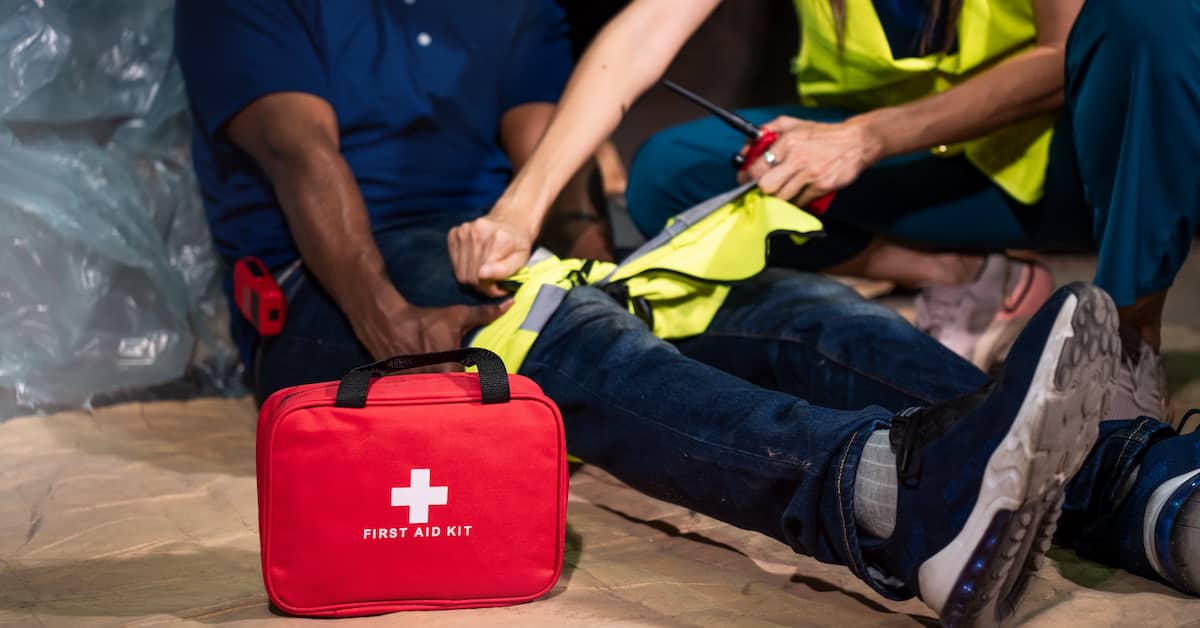
What Are the Ski Accident Laws in Colorado?
Awareness of Colorado ski law is essential for anyone engaging in the beloved winter pastimes of skiing and snowboarding. With its world-class ski resorts, Colorado is a hub for winter sports enthusiasts, but it is crucial to understand the legal options involved in ski accidents. This knowledge enhances safety and informs skiers and snowboarders of their rights and responsibilities.
For those facing legal complexities following a ski accident, the guidance of a trusted Colorado ski accident lawyer can be indispensable. The attorneys at Burg Simpson Law Firm have local insight, national might, and experience with Colorado ski law. We can help you pursue justice after suffering injuries in a ski or snowboard accident.
Call 303-792-5595 today to schedule a FREE and confidential consultation. We are Good Lawyers. Changing Lives.®, and we will advocate for your rights when you need it the most.
What Is the Ski Safety Act in Colorado?
The Colorado Ski Safety Act (C.R.S. §§ 33-44-101 to 33-44-114) outlines specific statutes and regulations pertaining to skiing and snowboarding. The Act defines the responsibilities of both ski area operators and participants and is pivotal in determining liability and negligence in ski accident cases.
The Colorado Ski Safety Act (CSSA) sets out the responsibilities and duties of both ski area operators and skiers/snowboarders to promote safety.
Duties of Ski Area Operators
The CSSA requires ski area operators to maintain signage, mark trails and boundaries clearly, and inform skiers of potential hazards whenever possible. They are also responsible for maintaining and operating ski lifts safely.
Duties of Skiers & Snowboarders
Skiers and snowboarders are expected to ski within their abilities, control their speed and course, and respect all posted signs and warnings. They must not venture into closed trails and should avoid ski lift areas unless boarding or exiting.
Risks Inherent to Skiing
The CSSA acknowledges that certain risks are inherent to skiing and snowboarding. These include the potential for changing weather conditions, variations in terrain, and the risk of collisions with other skiers or natural obstacles. The Act indicates that skiers and snowboarders accept these inherent risks as part of the sport.
Designation of Ski Trails
The CSSA requires ski area operators to designate the difficulty of ski trails using a standardized color-coded system. This helps skiers and snowboarders make informed decisions about the trails they choose based on their skill level.
Duty of Care for Skiers & Snowboarders
Skiers and snowboarders are required to ski responsibly and in control. They must not behave in a manner that endangers others and should adhere to posted signs and instructions. This includes not skiing under the influence of drugs or alcohol.
Collisions
The CSSA specifies that skiers involved in a collision that results in an injury must stop and offer assistance. Failure to do so can be considered a violation of the law.
Lift Ticket Provisions
The Act outlines the use of lift tickets or passes, which often serve as a contractual agreement between the skier and the ski area operator. These tickets may include liability waivers that affect a skier’s right to sue the operator.
Liability & Legal Actions
While the CSSA limits the liability of ski area operators for injuries resulting from inherent risks, it does not absolve them of responsibility for accidents due to their own negligence, such as failing to maintain lifts or equipment safely. However, legal actions against operators are subject to specific conditions and limitations.
The Colorado Ski Safety Act provides a framework that balances the responsibilities of ski area operators and skiers/snowboarders, recognizing the inherent risks of the sport while outlining standards for safety and conduct. Understanding these laws can help you navigate your rights and responsibilities when participating in skiing and snowboarding in Colorado.
Understanding the Legal Implications of the Colorado Ski Law
The following sections of the CSSA frame the legal responsibilities of both ski area operators and participants and set boundaries on when and how legal action can be pursued.
Negligence (§ 33-44-104)
What constitutes negligence on the part of ski area operators and skiers? For operators, negligence could involve failing to mark hazards or maintain equipment properly. For skiers, it could mean skiing recklessly or not adhering to the rules of the ski area. If an accident occurs due to such negligence, the responsible party could be held legally accountable.
Liability & Limitation on Liability (§§ 33-44-112 & 33-44-113)
Ski area operators cannot be held liable for injuries or deaths resulting from the inherent risks of skiing. However, this does not exempt them from the duty to maintain a safe environment. There are circumstances where ski area operators can still be held accountable. For instance, if an injury is caused due to the operator’s negligence, like failing to maintain ski lifts or equipment properly, they may be liable for damages.
The types of damages that can be claimed under these circumstances include medical expenses for treating the injury, lost wages if the injury prevents the person from working, and compensation for pain and suffering.
Statute of Limitations (§ 33-44-111)
A statute of limitations sets a time limit for filing legal claims. In Colorado, an injured party has 2 years from the date of the skiing accident to file a lawsuit. This statute of limitations means that any legal action taken after 2 years may not be considered valid in court.
Understanding these sections is important for anyone involved in a skiing or snowboarding accident in Colorado. If you are seeking to file a claim or lawsuit related to a ski accident, consulting with a Colorado ski accident lawyer knowledgeable in Colorado ski law is highly recommended to navigate the legal process effectively.
Who Is Responsible for a Ski/Snowboard Accident?
Determining liability in a ski or snowboard accident hinges on several factors, including adherence to the CSSA and individual actions of those involved. Resort operators might be held liable for accidents resulting from negligence in maintaining trails, lifts, or equipment. Conversely, skiers or snowboarders may be responsible if their reckless behavior or disregard for the Act’s provisions leads to an accident. Each case requires a detailed examination of the circumstances and actions of all parties involved.
Do Waivers Restrict Legal Claims in Skier/Snowboarder Collision Accidents?
In Colorado, waivers signed before skiing or snowboarding are common. These waivers often aim to limit liability for resorts in the event of an accident. However, they are not absolute. Courts will scrutinize the scope and language of the waiver and consider whether negligence occurred. Understanding how these waivers influence legal claims can be complex, and consulting a knowledgeable Colorado ski accident lawyer is advisable.
How To Be Safe While Skiing in Colorado
Safety on the slopes is paramount. Skiers and snowboarders are advised to:
- Follow the Skier Code of Conduct
- Stay within their skill level
- Use proper equipment
- Use properly maintained equipment
- Be aware of their surroundings
- Control their speed
- Respect other skiers’ and snowboarders’ space
- Be mindful of changing weather and slope conditions
Following these safety measures can significantly reduce accident risks.
What Is the Skier Code of Conduct?
The Skier Code of Conduct, also known as Your Responsibility Code, is endorsed by the National Ski Areas Association. The Code is as follows:
- Always stay in control. You must be able to stop or avoid people or objects.
- People ahead or downhill of you have the right-of-way. You must avoid them.
- Stop only where you are visible from above and do not restrict traffic.
- Look uphill and avoid others before starting downhill or entering a trail.
- You must prevent runaway equipment.
- Read and obey all signs, warnings, and hazard markings.
- Keep off closed trails and out of closed areas.
- You must know how and be able to load, ride and unload lifts safely. If you need assistance, ask the lift attendant.
- Do not use lifts or terrain when impaired by alcohol or drugs.
- If you are involved in a collision or incident, share your contact information with each other and a ski area employee.
Consult the Colorado Ski Law Attorneys at Burg Simpson
In the event of a ski accident, legal advice can be invaluable. The injury attorneys at Burg Simpson Law Firm possess extensive experience with Colorado ski law and can provide comprehensive guidance. Whether it is understanding your rights under the Ski Safety Act, navigating through claims affected by waivers, or seeking compensation for injuries, our ski accident lawyers are equipped to assist.
We advocate tirelessly for our clients, ensuring they receive the justice and compensation they deserve. If you have been injured in a ski or snowboard-related accident, reach out to us for knowledgeable and dedicated assistance. Contact us today to schedule a FREE and confidential case review. We represent clients in Denver and throughout Colorado.






